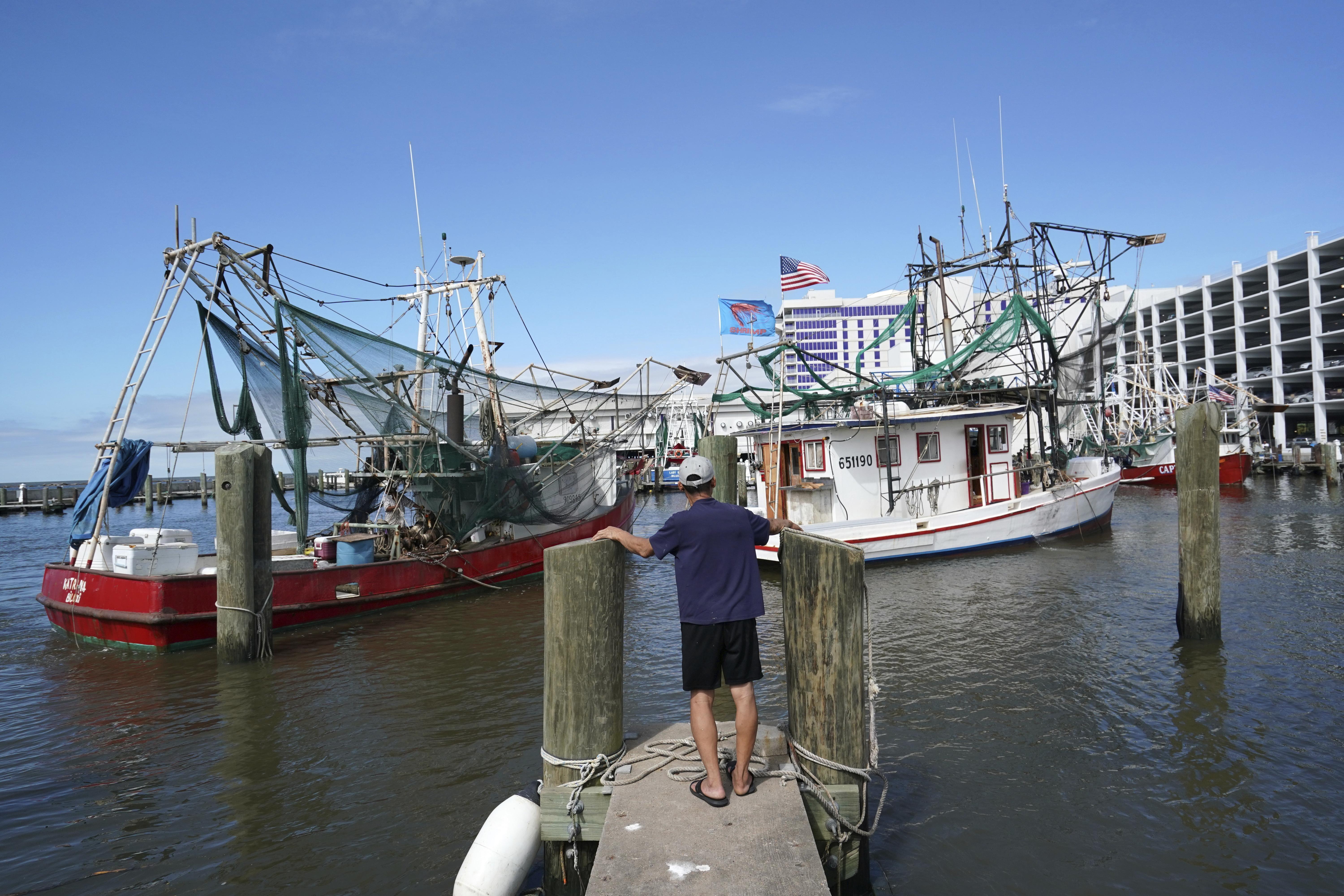The law was passed earlier this year after a federal investigation revealed that Mary Mahoney’s Old French House in Biloxi had for years falsely marketed imported seafood as local. The owner pleaded guilty to wire fraud in November and agreed to pay more than $1 million in restitution and fines.
State lawmakers said the case exposed the need for clearer rules to prevent deceptive marketing, but some on the Coast say the scandal didn’t change how most people eat.
“I'm pretty sure their business didn’t even drop,” said Keith Delcambre, owner of Bozo’s Seafood Market and Deli in Pascagoula. “People were like ‘it’s good food and if that’s what they've been serving that’s what they’ve been serving and we've been eating it.’”
Delcambre’s regulars aren't changing their orders due to the new labels either. He’s been selling seafood for more than 40 years and said he tries to keep Mississippi products on the menu, but it’s not easy. Rising costs and dwindling supply make that next to impossible, he said, for fish like grouper and red snapper.
“Most if it is shipped up north to get big money,” Delcambre said. “You’re looking at sixty dollars for a plate of real snapper. Where do you sell that kind of stuff? New Orleans, Destin, Miami, Atlanta.”
The new labeling rules are being enforced by the Mississippi Department of Marine Resources (DMR), which has so far focused on outreach rather than enforcement. Businesses are being given time to adjust, said Executive Director Joe Spraggins.
“All we wanted to do was see that they were trying to do what was correct, and that was to get things listed the way it should be… label it either imported or domestic.”
DMR did industry outreach through a series of public meetings ahead of the law going into effect. Spraggins said those were fruitful because it allowed them to clarify questions sellers had about what counts as compliance.
On restaurant menus for example, the full words "domestic" or "imported" must be used, no abbreviations, and the labels must appear in the same font size as the item being sold. DMR is allowing temporary signage to be posted or verbal disclosures to be given while menus are being updated.
“When you come to the Coast, if you're eating at a local restaurant, you expect that food to be Gulf food,” Spraggins said. … “We just want people to know the truth.”
The law applies to seafood sold directly to consumers, including in restaurants, markets and grocery stores. Labels or menu notations must clearly indicate whether an item is domestic or imported
Officials hope the new requirements will give a boost to the state’s seafood economy, which generated $329 million in sales and supported nearly 7,000 jobs in 2022, according to Mississippi State University.
Mississippi has a smaller seafood industry than some neighboring Gulf states, but imported products still influence the market. MSU researchers estimate imports account for about 4% of industry sales in the state, far below the national average, where more than 60% of seafood consumed is imported.
Spraggins said he hopes the clearer labeling will lead to more demand for Gulf-caught seafood, and better prices for struggling shrimpers.
“Let’s make seafood American again,” he said. “That’s what our slogan is right now.”




